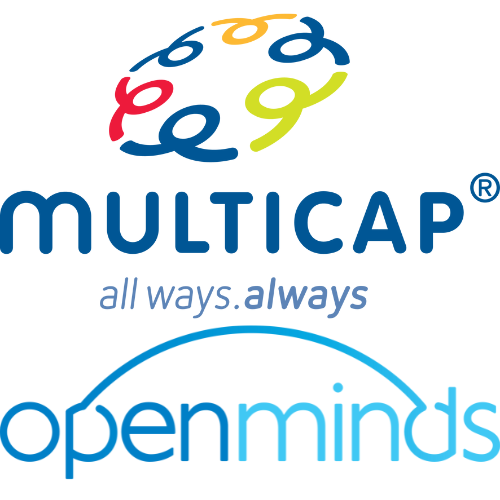
Saturday, 26 July 202510:55 AM - 12:10 PMTorrens |
Promoting Expressive Language Through Multimodal Communication: A Theoretical and Practical ExplorationMia Pauline & Stella Baek Super Kids Behavioural Consulting Abstract: Minimally verbal individuals with moderate to severe developmental disabilities often require Augmentative and Alternative communication (AAC) to support expressive language. While there is a common myth that using AAC, such as Key Word Sign, PECS or high tech AAC might limit the development of language, current research contradicts this. The research suggests they may, in fact, support the emergence of vocal speech. This poster explores theoretical considerations around using multi-model communication and highlights the importance of learner preference in AAC selection. Using the Essential for Learning (EFL) framework, we consider how vocal profiles can help guide meaningful communication goals. In one example, a learner who initially possessed a vocal profile 6, with only a few sounds and high resistance to communication, began using vocal approximations after being offered a variety of communication methods and the freedom to choose. This aligns with existing literature that supports multi-model communication. Target Audience: Learning Objectives: By the end of this presentation, delegates will be able to:
|
‘Just Happens’: An Alternative Intervention to Consistently and Compassionately Hold BoundariesEmma Grand & Brooke Mizzi Super Kids Behavioural Consulting Abstract: Alternatives to escape extinction are vital for promoting effective, relationship-focused interventions that prioritise client well-being and are going to be possible for caregivers to implement. This case study investigated an intervention that enabled a 5 year old learner to calmly separate from their mother. ‘Just happens’ is a multiple schedule of reinforcement where a discriminative stimulus (a light turned on and off) signals the presence of each component schedule and therefore the availability of reinforcement. In this case study, a light signaled continuous access to the learner’s mother. The light turning off signaled no access. At baseline, the learner removed their clothing and urinated if their mother was not in sight during sessions. These behaviours ceased when their mother returned. ‘Just happens’ was implemented, as an alternative to an extinction procedure, to protect the learner’s dignity and safety. As they learnt the contingency, the duration that the light was turned off gradually increased. After 4 2-hour therapy sessions, the learner attended a session where the light was turned off for the entire duration and they did not engage in any behaviours of concern. ‘Just happens’ can empower caregivers and clinicans to hold boundaries across various environments. Target Audience: Clinicians providing services to young children who have existing knowledge of schedules of reinforcement. Learning Objective: At the conclusion of this presentation, participants will have the knowledge to design a 'Just Happens' intervention for a specific client to hold a boundary that prioritises safety and dignity. BACB CE Instrutor: Renee Collins |
Empowering Family Success with Multi-Element Behaviour Support: A Case Example using ClassDojoAudrey Yak, Ashleigh Need, Rebecca L. Beights, & Geoff Potter Centre for Positive Behaviour Support (CPBS) Abstract: Family collaboration is a necessary intervention component for successful outcomes. Identifying individual family needs and prioritising rapport are critical to providing effective behaviour analytic services and support. The current case provides an innovative approach to supporting a family with a multi-element behaviour support (MEBS) plan emphasising family context and empowering the parent. The family includes one mother and three children (ages 8, 9, and 10 years) with multiple disability diagnoses. Assessment revealed behaviours of concern that interfered with daily living and school attendance, particularly refusal, aggression, self-injury, absconding, property destruction, and risk-taking behaviour. The MEBS plan highlighted situational management and preventative strategies to decrease refusal behaviour and increase independence with daily living skills. Strategies in the plan focused on differential reinforcement of zero rates of behaviour (DRO) and use of ClassDojo. ClassDojo provided the mother with an application to track successful performance of child and family-informed target skills. Data collection through ClassDojo provided consistent opportunities to review progress and implementation for the mother and support workers. Results demonstrate higher reinforcement density, increases in completion of daily living tasks, and decreases in refusal behaviour. Most importantly, social validity measures indicate satisfaction with the intervention and outcomes and decreased parental burnout. Target Audience: Behaviour analysts, behaviour support practitioners, family support staff Learning Objectives: At the conclusion of this presentation, participants will be able to:
BACB CE Instrutor: Rebecca L. Beights |




.png)


